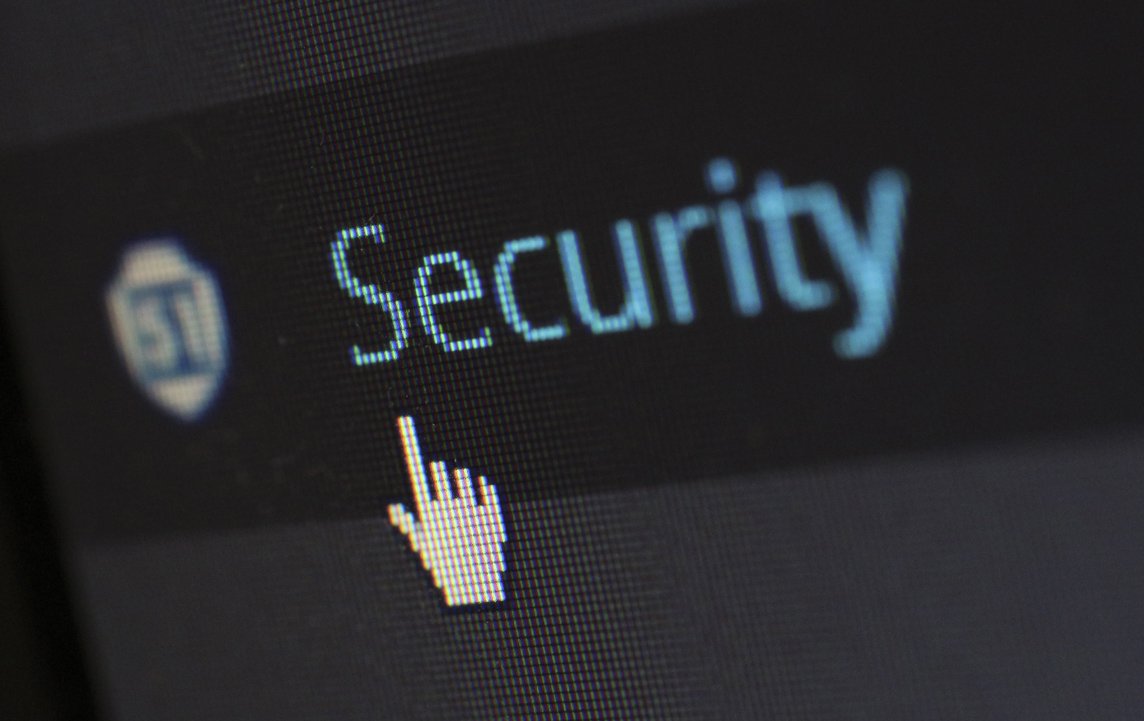Website security refers to the safeguards put in place to protect a website against cyberattacks. In this sense, website security is a continuous activity and an important aspect of website management. In an ever-changing landscape, website security can be a complex (or even perplexing) topic. Sometimes, it becomes harder to keep a proper website security check.
It's crucial to remember that security is never a one-size-fits-all solution. Instead, consider it a continuous process that necessitates regular review in order to lower total risk. Not secure website fix steps have been given in the piece for your info.
We may think of website security as an onion, with several layers of defense all coming together to make one piece if we take a systematic approach to it. We need to take a holistic approach to website security in 2022 and employ a defense-in-depth strategy.
Table of Contents
1. Importance Of Website Security in 2022
2. Why Do Websites Get Hacked?
4. How To Protect Your Website?
5. Ways To Secure Your Website in 2022
Importance Of Website Security in 2022
Security on a website can be difficult, especially when working with a vast network of sites. Having a secure website is just as important as having a website host for someone's online presence. A website can lose up to 95 percent of its traffic if it is hacked and blacklisted, for example.
Having an insecure website is just as terrible as not having one at all, if not worse. Client data breaches, for example, can result in lawsuits, large fines, and a tarnished reputation.
We're going to the fourth industrial revolution, which will be based on high-speed 5G internet and cloud computing, so we need to make sure our personal information is secure online.
Why Do Websites Get Hacked?
In 2022, there will be over 1.9 billion websites online. This gives a large playing field for bad actors. There is a common misunderstanding about why websites get hacked. Owners and administrators frequently feel that their sites will not be hacked since they are smaller and thus less appealing targets.
Hackers may target larger locations if they want to steal information or inflict devastation. Any little location will suffice for their other objectives (which are more popular).
Automated Website Attacks
Unfortunately, regardless of the amount of traffic or popularity of the website, automation saves overhead, allows for broad exposure, and raises the possibilities of a successful compromise. These types of attacks make website security check very difficult.
In reality, in the world of hacking, automation reigns supreme. Automated assaults frequently use known vulnerabilities to attack a large number of websites, sometimes without the site owner's knowledge.
Automated attacks are dependent on the occurrence of an opportunity. Due to their scope and simplicity of access, automated attacks are far more common than hand-picked targeted attacks, contrary to popular opinion.
How To Protect Your Website?
There are numerous reasons why you should implement preventative online security measures, but where do you start? Protective technologies and layers of defense are what they're called.
These techniques can sometimes meet compliance requirements, such as PCI, or make it simple to digitally patch and harden vulnerable situations. Employee training and access control regulations can also be used to provide security. Using a web application firewall is one of the most effective ways to secure your website. Taking the effort to consider security processes, tools, and configurations will have an impact on the security of your website.
So now that we've gotten to the brief overview of Website security issues, let us take a look at some of the ways to learn how to secure a website in 2022.
How to secure a website in 2022 Steps
- Select A Reputable Hosting Company: Choose a good & reliable hosting company for your website. Your website may be protected at times, but if the host is targeted and their security is lax, your website may be compromised as well.
If you're not sure you can construct a strong technical environment for your site, look into managed hosting options. Make a point of reading the reviews. You'll be pleased to know that JoonWeb offers you a vast number of domains to choose from. - Use Top-notch Password Management Tools: Try using password management software. Make sure each account has a unique password so that an evil-minded attacker can't gain access to all of your accounts if one of them is hacked. Allow your password manager to generate a strong password for you that will be exceedingly difficult to crack. And, of course, whenever possible, utilize two-factor authentication.
- Make Backup On Regular Basis: Your website data should be backed up on a regular basis. Some hosting providers will handle it for you, but there is always space for improvement, no matter how secure your website is. Keeping an off-site backup somewhere is arguably the greatest remedy no matter what occurs at the end of the day.
- Avoid Hosting Several Sites On The Same Server: Using a single server to host several websites is not a good idea. Instead of utilizing various prefixes, construct a separate database for each site. It aids in the isolation of the sites and might save you a lot of money if one of them is hacked. Software that allows you to manage multiple websites from a single dashboard can save you time and money.
- Separate The Database From The File Server If Possible: For improved website security, experts advocate keeping web and database servers separate. Though the expense may be exorbitant for small businesses, it makes sense when dealing with client credentials and other sensitive information.
- Encrypt Data Via HTTPS/TLS: To encrypt data, use HTTPS/TLS. There are many reasons for this, but the security of your visitors'/customers' data should be your first priority. Luckily, Joonweb provides you with HTTPS/TLS encryption.
- Make Certain You're Aware Of What's Going On With Your Website: Users do not visit their websites on a daily basis. When your site's content changes unexpectedly, use uptime monitoring and set up notifications. Check to see if the site is on any blacklists that suggest a missed incident on a regular basis.
- Disable Any Function That You Aren't Using: If you're not using certain functions on your website, like registrations or comments, disable them. Remove any plugins or themes that aren't necessary for your website's operation (especially the ones that are disabled or inactive).
- Construct Multiple Levels Of Security Around Your Website: You should have a security system to serve as your website's first line of protection against hacking assaults, just as you lock your doors before leaving your house and install antivirus software on your desktop computer before browsing the web.
Avast Antivirus is currently one of the best & free antivirus programs out there. The two most significant advice for avoiding plugin vulnerabilities are to use a controlled in-app web application firewall and to keep your website updated. - Update Your Website On A Frequent Basis: Make sure to keep your website software up to date in order to avoid any potential security vulnerabilities. Enable automatic updates on your website if your CMS allows it.
We can all agree that maintaining an online presence is crucial for success in today's society, but preserving it is just as important. Investing in security is more vital than ever these days. Our advice is to secure your website as soon as possible.







